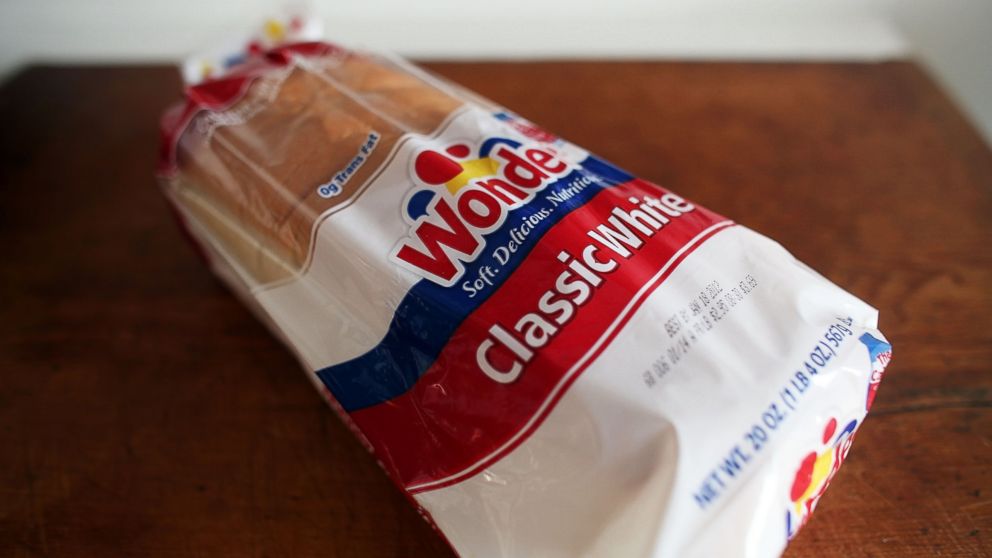5 Things You Didn’t Know About Wonder Bread
Wonder no more.

— -- Bite into a fresh, crusty baguette and then bite into a slice of Wonder bread, and it’ll be immediately clear that there are some major differences at play.
Wonder bread is impossibly soft and pillowy, and that’s because of the process used to make it: The flour is treated and softened, and other special chemicals prevent it from drying out.
But even if you eat Wonder bread every day, we bet that there are some things you didn’t know about “the greatest thing since sliced bread.”
More from The Daily Meal:
Making Bread At Home Can Be Simple
Delicious but Addictive: Why Some Doctors Avoid Eating Bread
5 Great Gluten-Free Breads Even Gluten Eaters will Love
It Was First Sold in 1921
The history of Wonder bread dates all the way back to May 21, 1921, when it was launched with much fanfare by Indianapolis’ Taggart Baking Company.
The Name Was Inspired by Balloons
Taggart executive Elmer Cline was watching the International Balloon Race at the Indianapolis Motor Speedway when he remarked to a friend how in wonder of the balloons he was. The proverbial light bulb went off; he christened the new product Wonder bread and incorporated the red, yellow and blue balloons into its logo.
It Was One of the First Sliced Breads
Sliced bread really was a marvel of technology when it was first rolled out. After purchasing Taggart in 1925, Continental Baking took Wonder bread national, rolling out sliced bread in the 1930s. Wonder bread was one of the first sliced breads on the market. Consumers were wary of pre-sliced bread because they thought that it might dry out, but their fears were unfounded.
It Went Unsliced During WWII
From 1943 to 1945, just about all commercially baked bread was sold unsliced because of a steel shortage during World War II.
The 'Enriched' Part Came Later
Wonder bread (and many other mass-produced baked goods) are made with “enriched” flour. During processing, when vital nutrients are stripped from wheat by bleaching and other methods, just about all nutritional value is removed. During the 1940s, however, the government set up a program that forced companies to return vitamins and minerals to flour, thus “enriching” it and combating diseases like pellagra and beriberi in the process.




